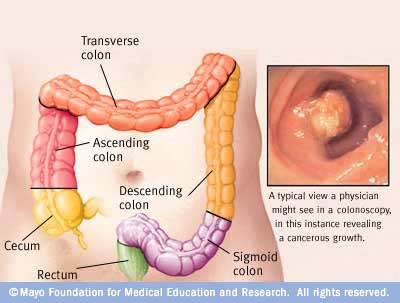
Heartland Research Associates of Newton announced it is participating in a phase II clinical study of a vaccine for a common but sometimes deadly bacterial infection. the illness being studied is Clostridium difficile infection, which also is known as CDI. Clostridium difficile is a naturally occurring bacteria present in humans. When a person is given antibiotics, good bacteria in the body can be killed, which lets the Clostridium difficile multiply, said Erin Hiebert, Heartland patient referral specialist. the bacteria releases toxins, which leads to inflammation of the colon. Symptoms of CDI can be dehydration and diarrhea. Depending on the patient’s underlying conditions, in rare cases, it can result in death. Heartland was one of 30 sites in the world to be selected for this trial and one of 20 sites in the United States. Clostridium difficile is present worldwide and has become the most frequent hospital-acquired infection in the United States, Europe and Canada. the incidence of CDI has increased significantly in recent years in both North America and Europe. CDI-related treatments in these two regions of the world are estimated to cost more than $7 billion per year. CDI can be treated with antibiotics, however, Dr. Richard Glover II, principal investigator for Heartland Research and family physician with Axtell Clinic, said doctors are more frequently encountering antibiotic resistant strains. In this CDI vaccine trial, Heartland will administer a vaccine to 20 people younger than 75 right before they enter the hospital, nursing home or rehabilitation hospital, as stays in these medical centers increase the likelihood of a person developing CDI. Glover said Heartland is working with local physicians to refer patients to the study. Glover said the vaccine has proven safe in previous tests. “this investigational vaccine already has completed phase I clinical trials in more than 200 participants to evaluate its safety and immunogenicity,” Glover said. He said, thus far, the vaccine’s side effects have been minimal and the potential benefits of preventing CDI far outweigh any minimal risk in taking the vaccine. Glover said he hopes enough information can be generated from this trial the Food and Drug Administration will approve the vaccine and it will soon be available to the public. “I would predict (the vaccine) would be given to a lot of people who are entering the hospital, having surgery or are being treated with antibiotics,” he said.